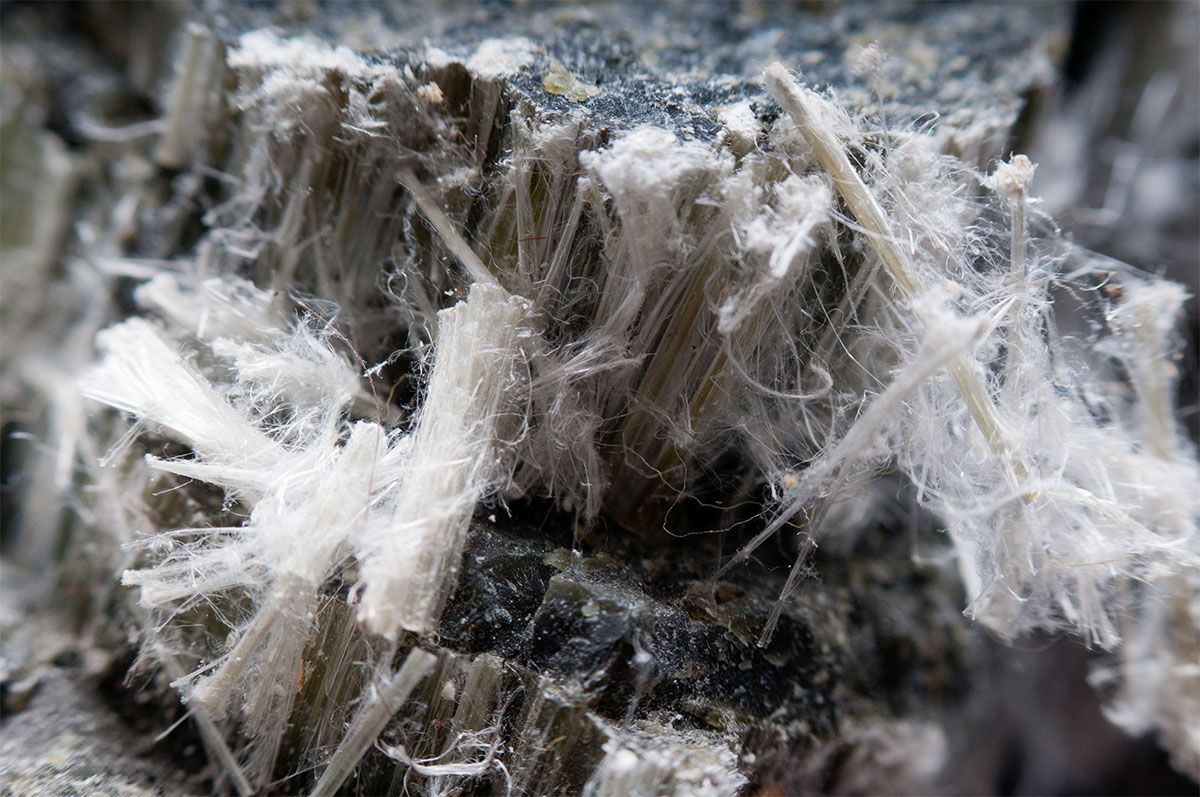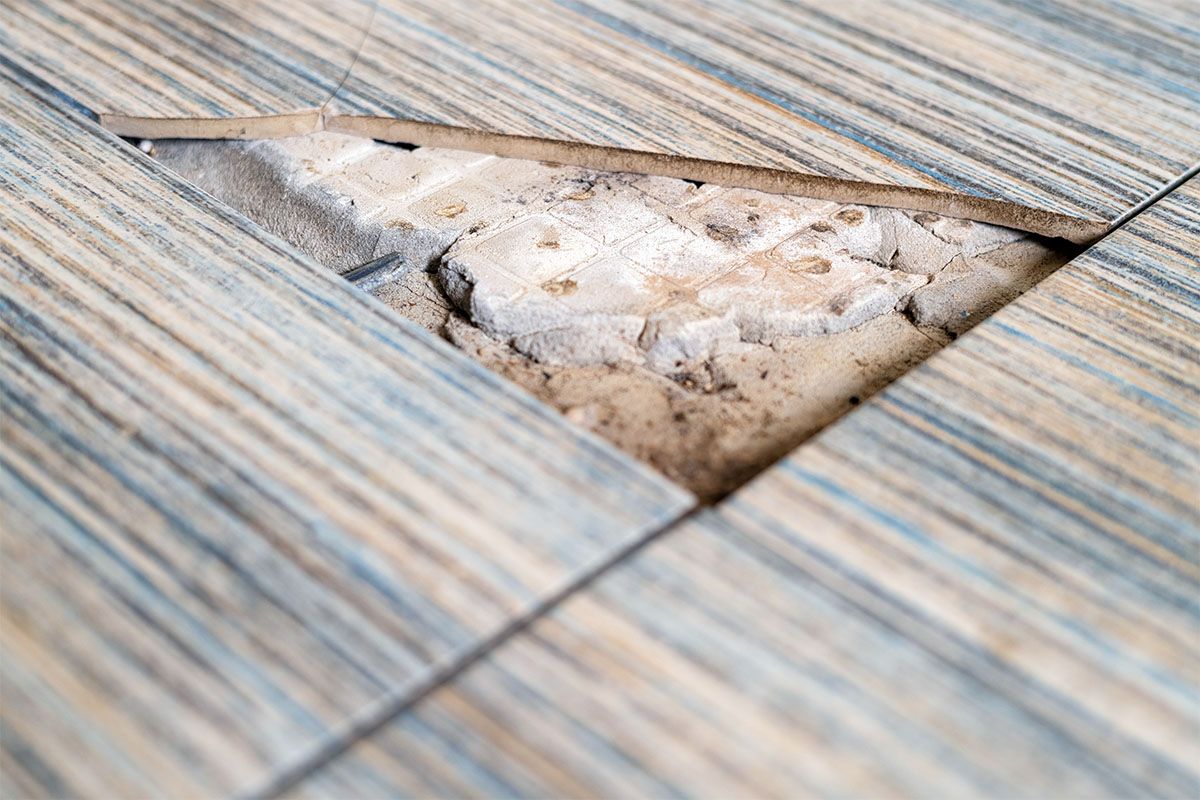What is Asbestosis?
This is a subtitle for your new post

If you work in an environment where you are exposed to asbestos, it can lead to a type of lung disease that is caused by breathing in the dust and fibres from this material. The disease scars your lungs and makes them thicker through a process called fibrosis. Thicker lung membranes and tissue provide a smaller pathway for oxygen to move through your lungs and your body. Asbestosis can then lead to more serious conditions, illnesses, and diseases, such as lung cancer, pulmonary heart disease, and mesothelioma. If you are worried about having this condition, find lots more information in the upcoming blog.
What are the symptoms of asbestosis?
Symptoms of asbestosis usually include the following:
- Shortness of breath
- Lots of coughing
- Wheezing sounds
- A tight chest
The short breath is usually one of the most predominant signs that asbestosis might be present, especially if you have been working in environments with asbestos present for long periods of time. The most at-risk trades include construction workers, electricians, plumbers, heating engineers, and demolition workers.
What are the first signs of asbestosis?
It can take a very long time for asbestosis to become apparent because people with the condition have usually been working in these environments for decades - it doesn’t tend to come about after a short period of time. Sometimes there are no symptoms at all, but struggling to catch your breath is one of the first signs that you may suffer from this condition.
How to test for asbestosis?
Contact your GP, who will ask about your work history and listen to your lungs, as well as ask questions about any symptoms you may be experiencing. If they have any concerns, they are likely to refer you to a lung specialist, who can carry out more detailed examinations to see if you have asbestosis. Most commonly, these tests include a chest X-ray, a CT scan of your lungs, and/or lung function tests to see how efficiently your lungs are working. Once your results are back, a diagnosis can then be made if you have the condition.
How long can you live with asbestosis?
The condition often develops slowly, so you can live for decades with it. There is no cure for asbestosis, but you can manage the condition if you live your life in a healthy manner. Cases differ massively in severity, so this is one important consideration, while smoking is an obvious factor that will significantly shorten your lifespan if you conduct this activity with asbestosis. The amount you were exposed to asbestos is another important thing to consider when it comes to the longevity of your life after the discovery of this condition.
Treatments that help manage the condition
While lung damage cannot be reversed, there are treatments that can slow the onset of the condition and the resulting illnesses that come about from asbestosis, as well as manage it without pain. Oxygen therapy improves breathlessness if your blood oxygen levels are low, while a simple inhaler can ease any breathing difficulties if you have mild symptoms. Pulmonary rehabilitation treatment is an extensive programme of exercises and education that can also manage your symptoms.
Can you claim compensation for asbestosis?
If you have been officially diagnosed with this condition, the
NHS says that you can claim compensation within three years of the diagnosis taking place. The likelihood of you receiving this condition is through your work. There are three ways that you can claim compensation for asbestosis:
- You can claim for industrial injuries disablement benefit, which is a weekly payment that can be paid, but it is not available for the self-employed.
- A civil claim can be made through the courts, so if this option appeals to you, it would be wise to gain advice from a lawyer.
- The Pneumoconiosis etc. (Workers’ Compensation) Act 1979 gives you the right to claim a lump sum if you have asbestosis, if you are dependent on someone with the condition, or if you cannot get compensation through the courts because the employer is no longer in business.
For more information on this topic, the
official government website
has plenty of advice to help.
How to prevent asbestosis?
Working in older buildings is the biggest cause of this condition, so you should take precautions if you are working in this type of environment on a long-term basis. If you think your house may contain asbestos, do not try to remove it yourself without using the proper equipment.
You can avoid horrible conditions such as asbestosis by getting someone else to carry out your work that involves asbestos. This is where the team at
Cordtape Environmental comes in.
Our experts can carry out asbestos surveys and sampling to see if there is anything to worry about in the first place. After that, our asbestos removal and asbestos waste management services are available to get rid of the asbestos and dispose of it properly. We can even help to regenerate land that has been contaminated with our asbestos land remediation service, which encourages sustainability and allows dangerous land to once again be reused for any other purpose. Contact any of our team today, and we would be happy to help.




